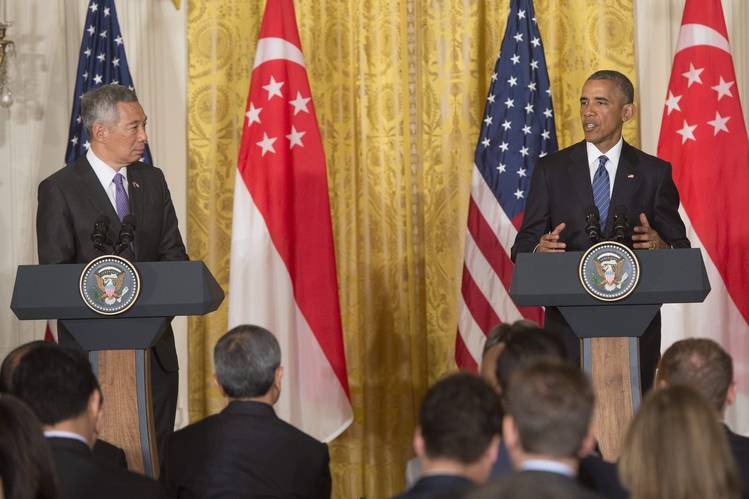 |
| Markets CRASHING daily! The B-i-e-b-s!! Olympic swimmer jillionaires!!! Welcome to Business Insider. |
I try to avoid reading
Business Insider as much as possible since its level of intellectual sophistication and journalistic integrity make it the
Breitbart of financial reporting--about on par with
Zero Hedge for a near-analogue. The founder of
Business Insider, of course, is a known fabulist of near-Trumpian proportions, Henry Blodget, who is best known for flogging stocks he personally described as "crap" during the height of the dot-com bust. He was banned by the US Securities and Exchange Commission from the industry and hit with charges a total of $4 million in penalties.
Over the years, he's largely continued along the same path, founding
Business Insider as a shrine to financial yellow journalism. Examples abound. The Columbia Journalism Review
describes Blodget's creation quite accurately:
What business press readers always lacked but never really needed was
a tabloid sensationalist to hype up mundane markets and business news.
Who would have ever thought Henry Blodget would be the guy to fill this void?
There are a couple of things to expect when reading Business Insider
or Blodget’s tweets: ALL CAPS. Words like “scariest,” “startling,”
“doomed.” Headlines that tells you “Here’s why X is happening.” Stock
photos. Lots and lots and lots of pithy posts, some of which stretch the
truth.
CNBC doesn't fare too poorly on sensationalism, but
Business Insider takes it to a new level. There's obviously a lot on non-business stuff in there as well that would fit well with the
National Enquirer:
But the problem with sensationalism, of course, is that it feeds on
itself. It’s hard to grab people’s attention when you’re always grabbing
people’s attention. And you end up misleading people and undermining
your credibility by saying stuff like “Horrible jobs report shocks
market, stocks tank,” when stocks aren’t really tanking at all. There’s
something about the ultra-Darwinian nature of the Web, with its brutal
economics, that makes this stuff all the more tempting. When a click’s
worth virtually nothing, you’ve got to get an awful lot of them to make
ends meet. You do that by using superlatives, all caps, silly slideshows
about “15 Ways Justin Bieber Is Taking Over The World , girlie pics, etc.
Aside from ever-increasing sensationalism, there's also the question of basic competence reporting on business-related matters. As the Olympics are ongoing, it was perhaps inevitable that it would cover the sporting event. Blogging about Singapore's Joseph Schooling defeating the legendary American swimmer Michael Phelps in the 100m butterfly event by winning gold, it notes that the nation awards a SGD 1,000,000 prize (
Business Insider: that's the abbreviation for Singaporean dollars since most of your staff probably don't know that). Which is all well and good for Singaporean athletes
if so. But
how much is that in gool ol' US dollars according to the
Business Insider?
As
Stefanie Loh of Seattle Times Sports notes, Schooling just
became a millionaire in Singapore. That's because Singapore tops the rest of the world in prize
money for winning a gold medal.
According to Fox Sports Australia, athletes who win Olympic
gold medals get paid 1 million Singapore dollars for their
achievements (roughly $983,000 American).
The accuracy of this claim is on par with the one
about Ted Cruz's father being involved in the assassination of JFK. Going by the prevailing exchange rate from a more reliable
source, the current USD/SGD rate is 1.346 Singaporean dollars to 1 US dollar as I write. So, what Schooling will receive in US dollar terms is actually 1,000,000/1.346 = USD 742,942. That's quite a difference from what the
Business Insider claims, huh? A commenter
noted over two days ago that the exchange rate used was wrong, but such is the ineptitude of this site that it has not been corrected.
Do people actually take
Business Insider seriously? Its staff's limited understanding of finance--led by Blodget himself--is evident. Their already-limited understanding gets worse the farther away you get from the US to hardly obscure places like Singapore--one of Asia's centers of finance. Sure it has its readers, but so do Breitbart, Zero Hedge etc. in the same way Donald Trump has voters.
There are apparently lots of people who prefer their news laced with pandering and sensationalism--this is the Internet, after all.
Business Insider worsens matters by lacking basic knowledge of what they write about. If you don't understand something as simple as exchange rates, then there is little else you should be writing about concerning "business."
UPDATE: The apparent source of confusion for the
Business Insider blog post is from the
article linked to, which the BI blogger cannot understand:
Those looking for a bigger payday might want to look into pledging
allegiance to Singapore, which offers gold medal-winning athletes $1
million Singapore dollars ($A983,000) under its Multi-Million Dollar
Awards Program.
This coming from [
hint, hint] an Australian website, $A983,000 obviously does not mean US dollars but rather Australian dollars. While I am horrified by this level of financial illiteracy, I am utterly unsurprised to find it in the
Business Insider. That's all she wrote for Blodget wanting his site to be taken
seriously.










